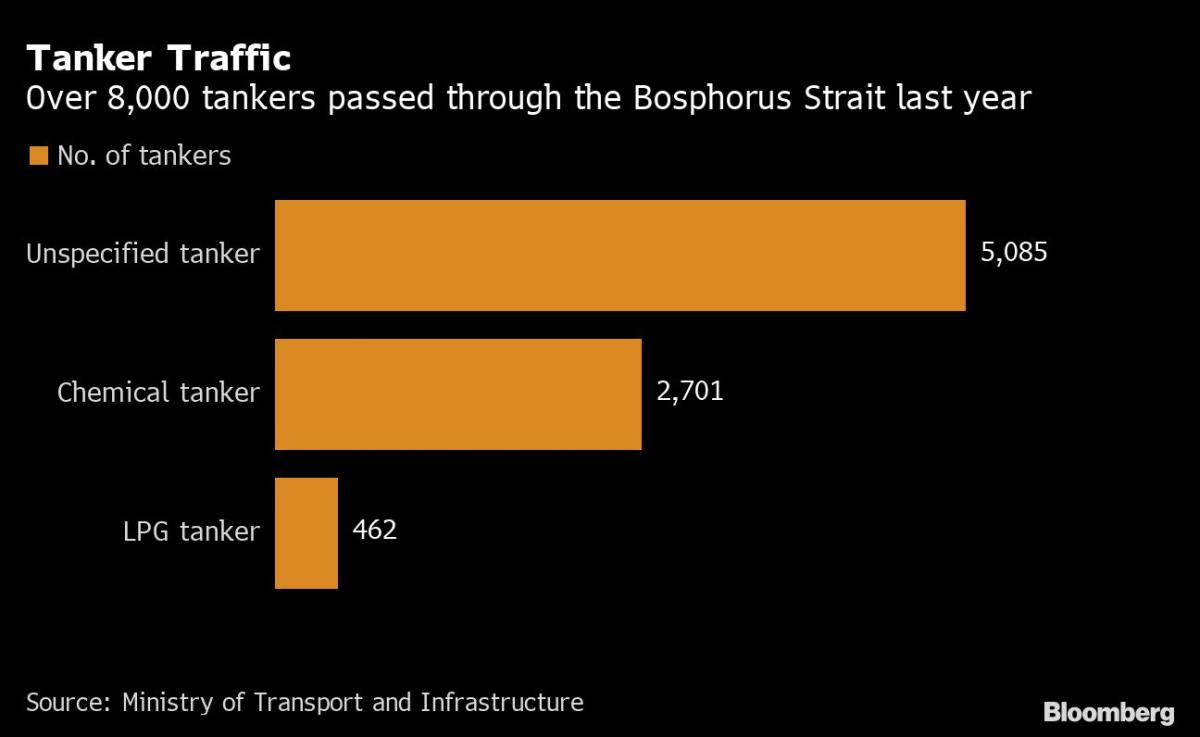Turkey’s inflation probably hit 84% in September on fears of further interest rate cuts
Fuelled by an experimental central bank policy that has chased away foreign investors and eroded the lira’s value, Turkish inflation probably accelerated last month to a level last recorded in mid-1998.
Annual inflation probably rose to 83.5 per cent in September, climbing for a 16th month, according to the median estimate in a Bloomberg survey.
The jump comes at a time when central bank chief Sahap Kavcioglu has embarked on a series of interest rate cuts this year, making Turkey an outlier among global monetary authorities, most of which are aggressively tightening to control price increases.
Turkey’s central bank said in its latest forecast in July that inflation should peak somewhere between 80 per cent and 90 per cent by October. The government estimates that it will slow to 65 per cent at the end of this year.
However, President Recep Tayyip Erdogan has insisted on even lower interest rates, saying that they will help to reduce inflation, an argument that contradicts conventional economic theory — and which, so far, hasn’t been validated by real-world experience, least of all in Turkey.
He has called for the benchmark rate to be cut to below 10 per cent by the end of the year, from 12 per cent currently.
“Further rate cuts will inevitably lead to more currency depreciation and higher inflation,” Morgan Stanley economists, including Alina Slyusarchuk, said in a report last week.
Turkish officials reject criticism that rampant price increases are a result of monetary policy errors, instead blaming Russia’s invasion of Ukraine for a global rally in commodities including energy and food.
Yet, even when the impact from such volatile items is excluded, annual Turkish inflation stood at more than 66 per cent as of August, according to a core price index published by state statistics agency TurkStat.
:quality(70)/cloudfront-eu-central-1.images.arcpublishing.com/thenational/NDAHBF5NI4CQEPIXSKM666FZBE.jpg)
“Price gains are high, broad-based and likely to be persistent. Items with triple-digit inflation accounted for 25 per cent of the consumer basket,” Bloomberg economist Selva Bahar Baziki said.
“Recent and forthcoming interest rate cuts will likely result in even higher inflation in the coming months.”
The experimental policies have already pushed inflation above 100 per cent in parts of the country. Consumer prices in Istanbul, Turkey’s most populous city, more than doubled from a year earlier, according to a retail price index — compiled by the Istanbul Chamber of Commerce — released on Saturday, before the national data on Monday.
A breakdown of the Istanbul data showed the cost of everything from rent to food rose sharply last month. Attempting to ease the pain for poor Turks before elections scheduled for next June, the government has raised the national minimum wage twice in a year.
Mr Kavcioglu has delivered cuts, as sought by Mr Erdogan, at the last two rate-setting meetings, slashing the benchmark by 100 basis points each time.
That has left Turkey with the world’s deepest negative interest rates when adjusted for inflation, while the lira has lost more than 50 per cent of its value against the dollar in the past 12 months.
Updated: October 03, 2022, 6:58 AM

:quality(70)/cloudfront-eu-central-1.images.arcpublishing.com/thenational/UZDM5I4BD4PXEOYXALXTWN3PZQ.jpg)

